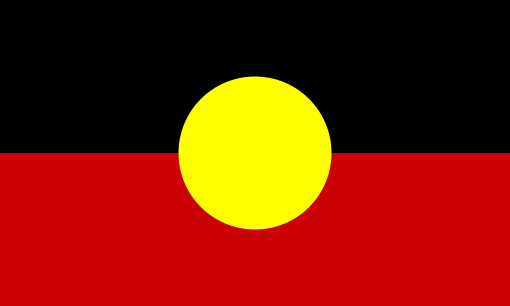Sydney’s Anglican Synod will be asked to agree to create and fund a position for the Director of Indigenous Ministry, “to be appointed by the Sydney Anglican Indigenous Peoples’ Ministry Committee (SAIPMC) with the concurrence of the Archbishop.
But the terms of the motion put forward by the diocesan Standing Committee do not reflect what SAIPMC want. They want a Bishop.
The Synod papers reveal: “At its meeting on 1 April 2024, SAIPMC unanimously resolved as follows –
‘The SAIPMC requests the Standing Committee to draft a Motion to be presented to the
next meeting of Synod whereby the Anglican Church Diocese of Sydney determines a
way ahead to invite an Australian Indigenous person with suitable Christian and cultural
experience to fill the leadership vacuum as Indigenous Bishop within the Sydney Diocese.'”
Were an Aboriginal Bishop appointed in the Sydney Diocese (region), they would join Bishop Chris McLeod from Adelaide who is the National Aboriginal Bishop. McLeod used to have a full-time position as National Aboriginal Bishop, with half-time funding from Anglicare SA that has now been withdrawn. He now also holds the job of Dean (senior minister) of St Peters Cathedral, Adelaide.
The growth of Aboriginal ministry in Sydney forms the case put forward by SAIPMC for a leader. “By having a designated leader who provides a structured approach to Indigenous ministry, there
would be clarity and support for Indigenous leaders in the Diocese. Indigenous ministry could change from survival mode into strategic planning into the future of church planting and succession planning for existing ministries,” Michael Duckett the SAIPMC chair, wrote in a paper cited in the Synod papers. “Soon, new church leaders will need to be appointed at Mount Druitt and Glebe
Indigenous churches to ensure the ongoing work of those existing ministries. We are also looking at potential new church plants and pathways to strengthen partnerships in Wollongong and Redfern. A
leader focussed on developing supported training pathways for Indigenous ministry will begin to fill
the void of Indigenous leaders into the future.”
The Standing Committee perhaps strikes a more cautious note in its paper – while supporting extra funding and the new leadership position. “However, the Diocese is in somewhat of a conundrum with regard to Indigenous leadership: there is currently a lack of both Indigenous church workers, clergy and candidates to be clergy and without clear leadership, it is unlikely that the work of Indigenous ministry and church worker development will be able to flourish. While this places the Diocese in a difficult position, an office for a Director of Indigenous Ministry should be created, even if it takes some time to appoint a person to that office.”
The Standing Committee had been asked to determine how to implement the in principle support for an indigenous leader expressed by at a Synod meeting last year.
Funding is key to progressing appointing a indigenous leaders. The Standing Committee proposes that Sydney Anglicans raise to 1.5% the levy of 1% of the Synod income that has been added to the Indigenous Peoples’ Ministry Trust Fund. That would not be enough to fund a full-time position. However, as the Standing Committee notes, when the levy was established in 2006, the synod recognised that a large proportion of Diocesan funds came from the sale of land that was originally under the custodianship of Indigenous people.
While moving a motion to support a “Director of Indigenous Ministry”, the Standing Committee does not close the door on an Aboriginal bishop for Sydney. Instead, they leave it to Archbishop Kanishka Raffel to initiate a process to make the new hire a bishop, although they will need to be involved if he wants to make that choice. They get close to making that case, though: “It is essential that an Indigenous person who is recognised and appointed to lead and represent Indigenous ministry in the Diocese is given every opportunity to contribute at the highest level of decision-making in the Diocese.
Usefully, the Standing Committee notes that Bishops have a representational role, pointing to another example of a specialist Bishop, Sydney’s Bishop for International Relations, Malcolm Richards. “
In our Diocese, the Archbishop can use appointments to various roles and the use of titles to
appropriately qualify those persons for the roles in which they serve, including in national and
international contexts. Appointments such as an Honorary Canonry on the CEO of Youthworks or
Anglican Aid, an Archdeacon for Women’s Ministry, or Bishop for International Relations are all
examples of appointments made with representational considerations in mind.”

